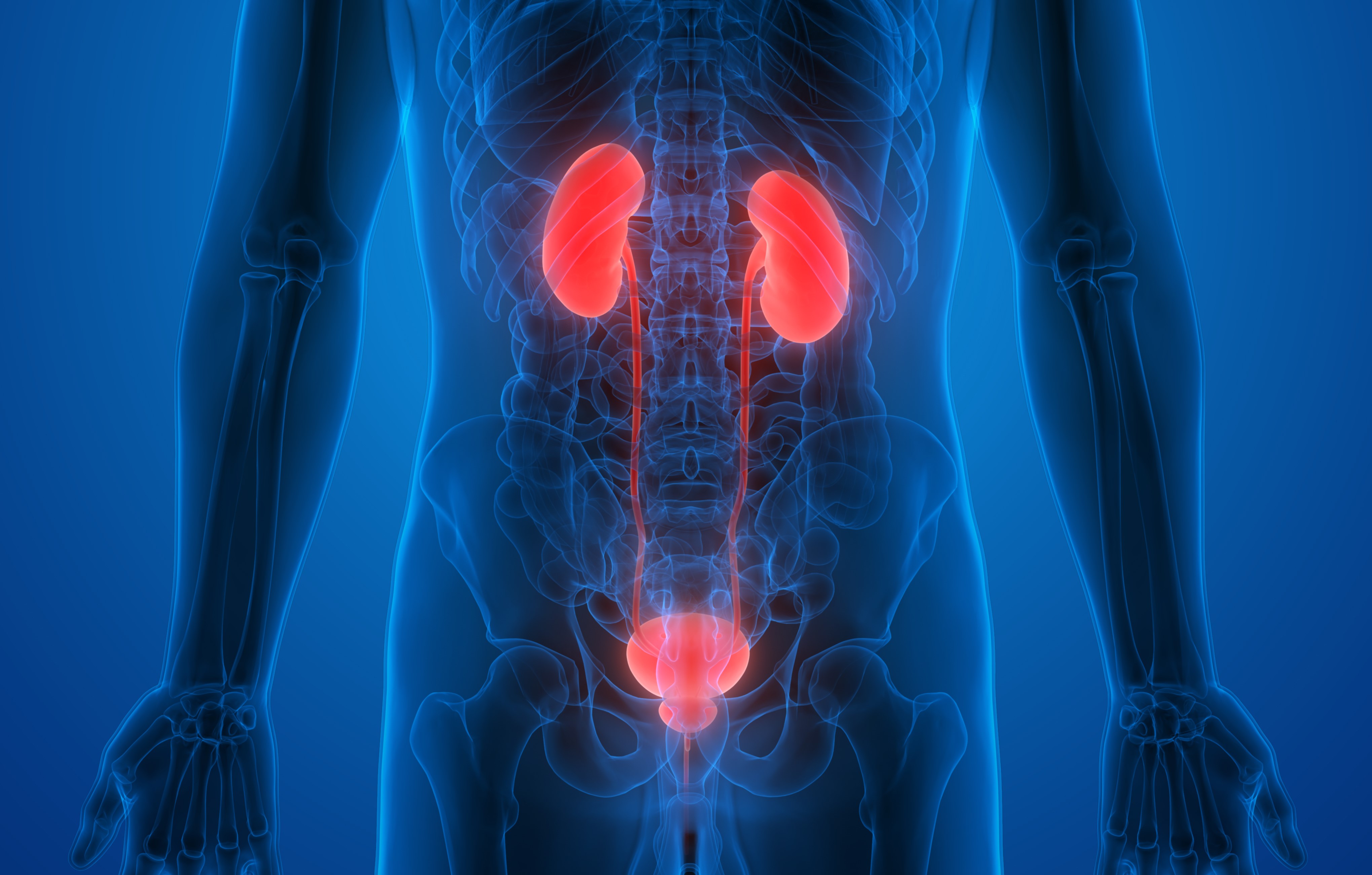What is a Urinary Tract Infection (UTI)?
A urinary tract infection (UTI) can affect any part of the urinary system and is caused by bacteria. Most commonly, the infection involves the lower urinary tract, which is the bladder and the urethra. Almost 90% of UTIs are caused by the bacteria 'Escherichia coli (E-Coli)' and this bacterium is often present in our gut without causing any harm. Women are at greater risk of developing a UTI than men, for several reasons. Infections limited to the lower urinary tract can be very painful and troubling, but normally go away on their own after a few days. If not, treatment with antibiotics might be required. However, if the UTI is not defeated and bacteria spreads to the kidneys, the consequence may be serious. In all cases a UTI can be very troublesome – but there are steps to take to reduce the risks of getting a UTI.
Read MoreTopics: Bladder management, Bladder dysfunction, UTI, Urinary Tract Infection




